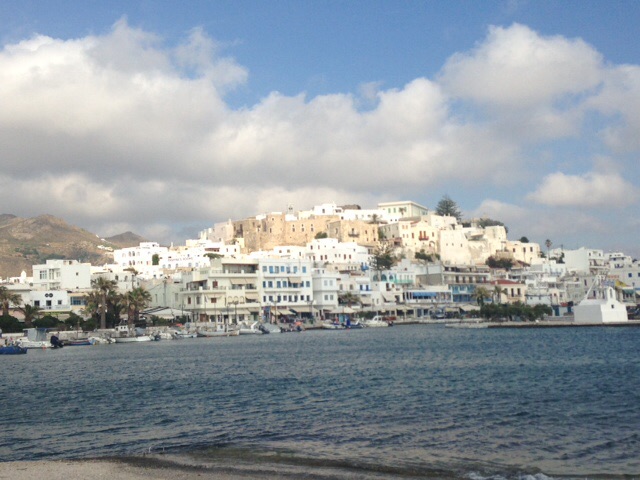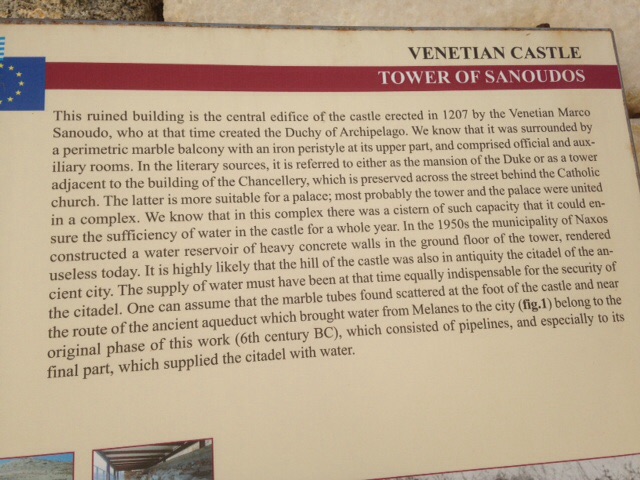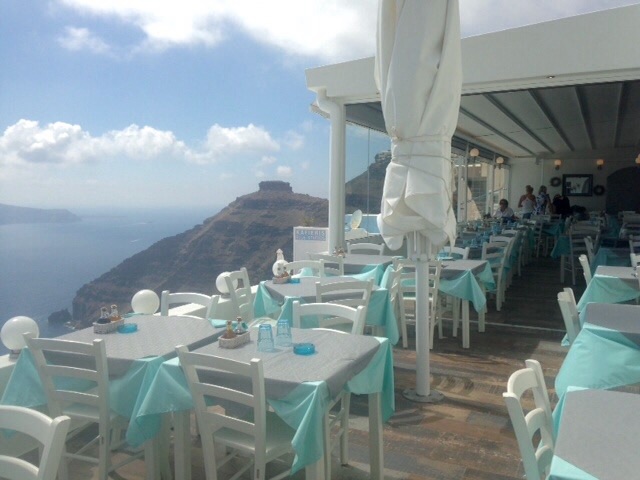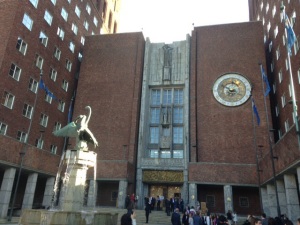Up to now you would never have known about the Greece Euro exit discussion from the ground. Shops took credit cards as usual, people looked warm as usual, tourists enjoyed everything Greece has to offer as usual.
Today feels different. I started the day settling the remainder of my hotel bill in cash. The supermarket only took cash, so did the pharmacy. Banks are closed for the week they tell me. I have a suspicion those credit card machines work just fine, in reality the Greeks want tourists to give them cash. It may have something to do with the Finance minister overnight announcement that tourists will not, for the foreseeable future, be subjected to the €60 a day withdraral limit Greeks ought to abide to. I cannot blame the locals for being cautious, wanting to hang on to the paer rather than trust electronic funds, if I were them I would do the same.
I moved hotels today and encountered amazing hospitality from the hosts! True generous, kind natured people, going out of their way to make you feel happy. They are worried, everyone around seems a bit more uneasy, yet in this corner of Mykonos everyone is better off than most Greeks, so perhaps this is not the most representative corner of the country. Out of my patio I can survey a blue golf swarming with private yachts, there is a beach party going on, my hostess tells me the locals are determined to ensure tourism is unaffected as they have already started getting some cancellations from weary Europeans.
I wish them luck but I feel a bit sad myself. The day is beautiful and the place marvelous, but I feel a bit like someone having a party while the neighbours have a wake.
If you care to see how bad it is for some Greeks at the moment the link below is quite instructional:
http://mashable.com/2015/06/29/greece-meltdown-grandparents/
















































